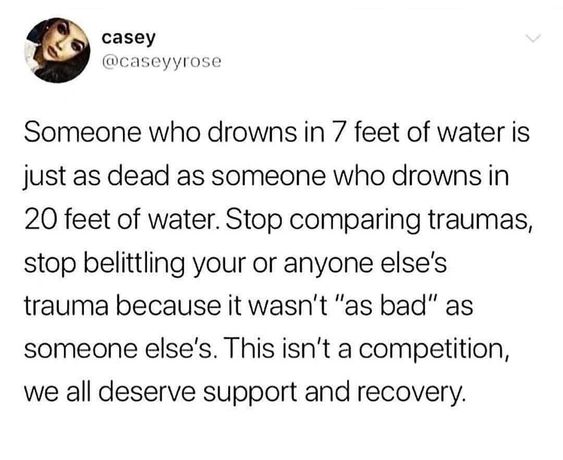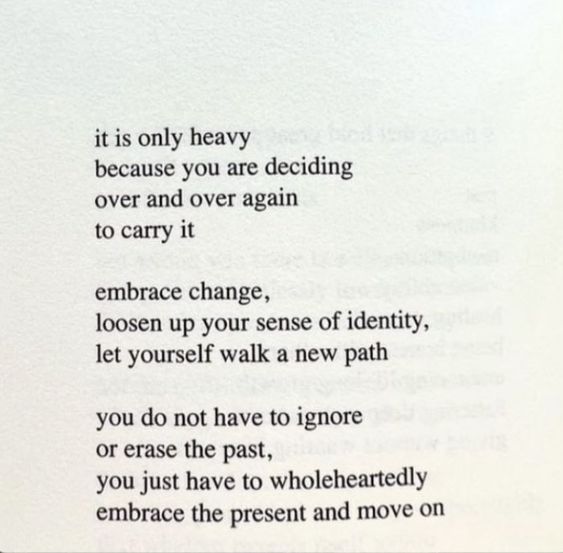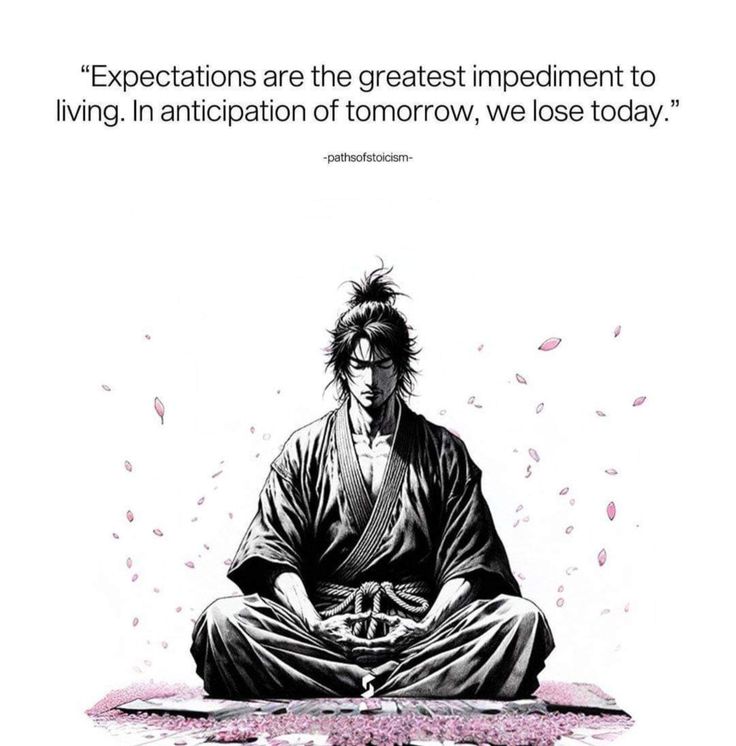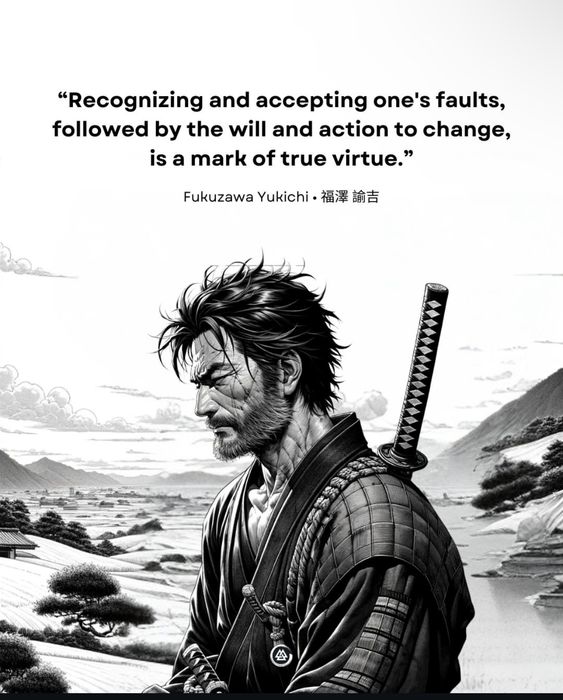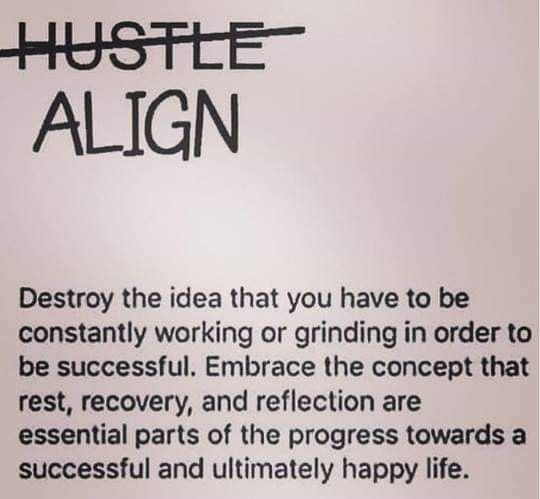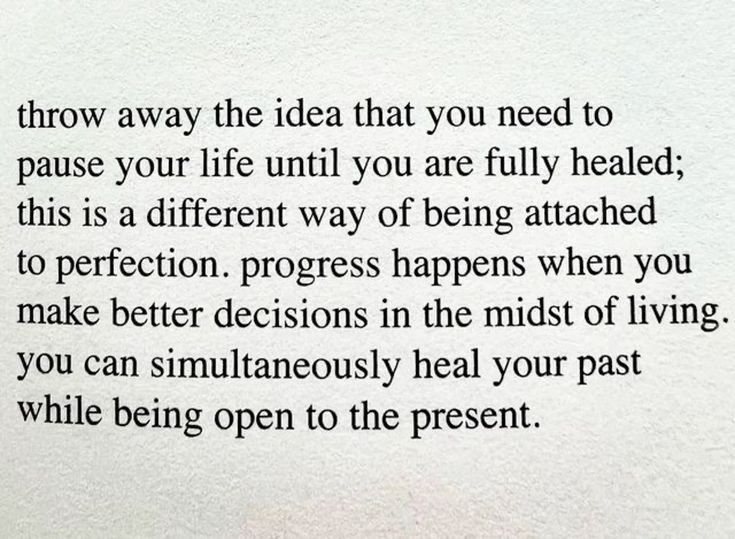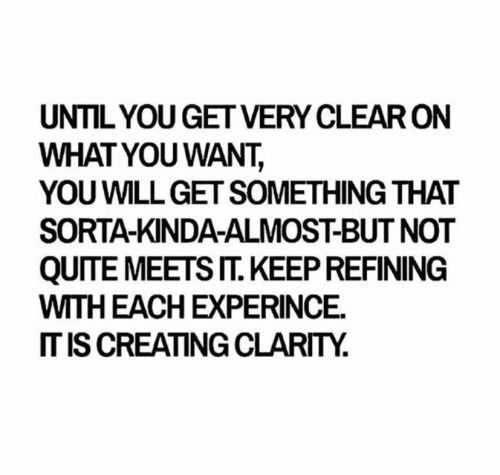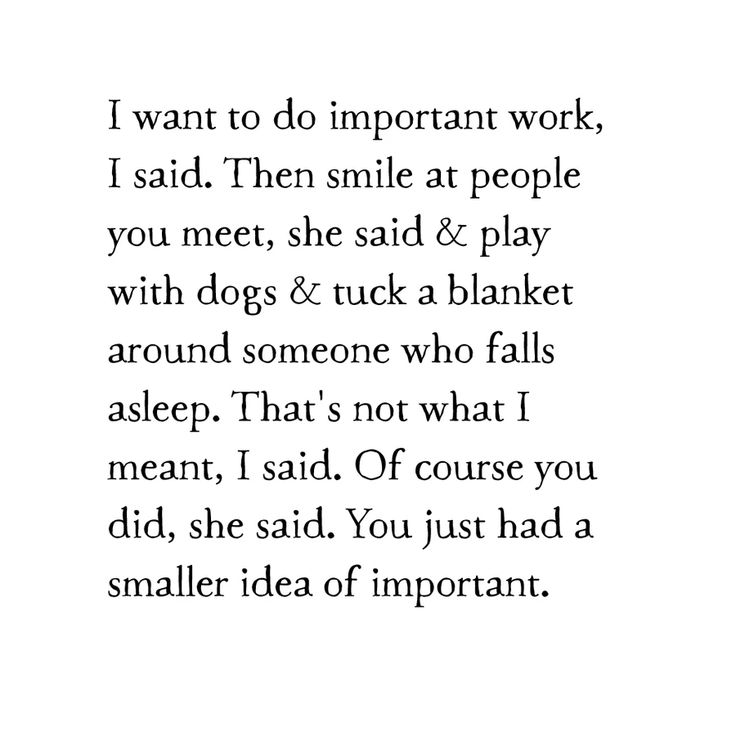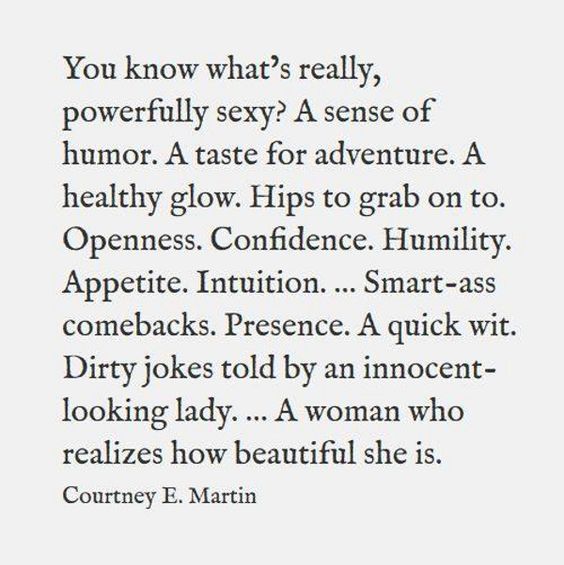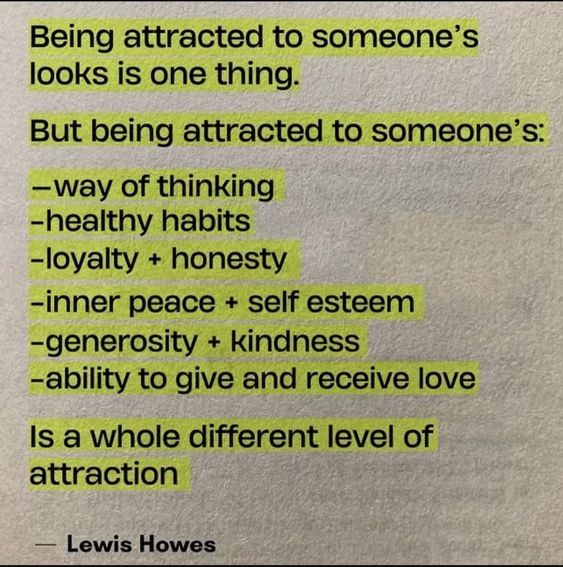“Some people get addicted to chain-smoking their problems. They spend all day going from sorrow to sorrow. It doesn’t have to be that way. You can live each day going from joy to joy—like a sunflower that turns to face the sun as it moves across the sky. It’s not about having a problem-free life, but about focusing on the light. Sunflowers still have shadows, but they are always behind them.”
James Clear
“Convincing someone to change their mind is really the process of convincing someone to change their tribe. If they abandon their beliefs, they run the risk of losing social ties. You can’t expect someone to change their mind if you take away their community too. You have to give them somewhere to go. Nobody wants their worldview torn apart if loneliness is the outcome.”
James Clear
“There was this coffee shop we used to go to, at the university. We’d just sit together, together but silent. Happy silent. Reading newspapers, drinking coffee. It was hard to avoid places like that. We used to walk around everywhere. His troublesome soul lingered on every street… I kept telling his memory to piss the fuck off but it wouldn’t. Grief is a bastard. If I’d have stayed any longer, I’d have hated humanity. So, when a research position came up in Svalbard I was like, yes, this has come to save me… I wanted to be somewhere he had never been. I wanted somewhere where I didn’t have to feel his ghost. But the truth is, it only half works, you know? Places are places and memories are memories and life is fucking life.”
Matt Haig, The Midnight Library (Page 120)
“She had always imagined her parents were too proud to get divorced, so instead let their resentments fester inside, projecting them onto their children, and Nora in particular. And swimming had been her only ticket to approval. Here, in this life she was in now, she had pursued a career to keep him happy, while sacrificing her own relationships, her own love of music, her own dreams beyond anything that didn’t involve a medal, her own life.”
Matt Haig, The Midnight Library (Page 98)
“When someone tells me that it’s going to take six weeks for our bindery to make another run of the leatherbound Daily Stoic, I want to ‘start the clock’ as soon as possible. Meaning, I’m not pleased if I hear it took two weeks to make the decision about how many to order, or that somebody was slow in processing an invoice. I don’t control how long it takes to make stuff, but I do control when the clock starts on it. The project is going to take six months? Start the clock. You’re going to need a reply from someone else? Start the clock (by sending the email). It will likely take a while for the bid to come back? Start the clock (by requesting it). It’s going to take 40 years for your retirement accounts to compound with enough interest to retire? Start the clock (by making the deposits). It’s going to take 10,000 hours to master something? Start the clock (by doing the work and the study).”
Ryan Holiday
“If you aim to be something you are not, you will always fail. Aim to be you. Aim to look and act and think like you. Aim to be the truest version of you. Embrace that you-ness. Endorse it. Love it. Work hard at it. And don’t give a second thought when people mock it or ridicule it. Most gossip is envy in disguise. Keep your head down. Keep your stamina. Keep swimming…”
Matt Haig, The Midnight Library (Page 93)
“The thing she had once loved about swimming was the disappearing. In the water, her focus had been so pure that she thought of nothing else. Any school or home worries vanished. The art of swimming—she supposed like any art—was about purity. The more focused you were on the activity, the less focused you were on everything else. You kind of stopped being you and become the thing you were doing.”
Matt Haig, The Midnight Library (Page 72)
